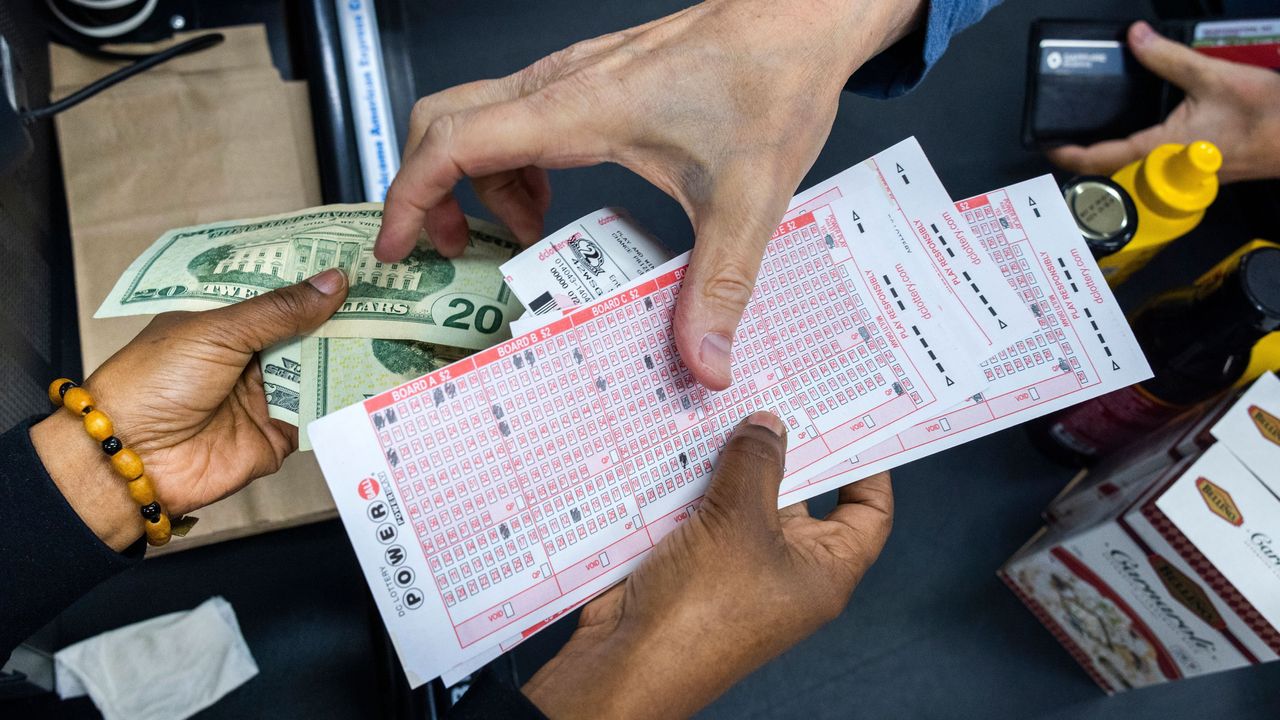Lotteries are often called a tax on the mathematically challenged, a tongue-in-cheek reference to the extremely low odds of winning koi toto. Yet, every week, millions of people across the globe choose to try their luck in the hopes of striking it rich. From scratch-off tickets bought at corner stores to multimillion-dollar jackpots drawn on television, lotteries offer a tantalizing promise: the chance to transform one’s life in an instant.
The Allure of the Lottery
Lottery gambling is unique in the world of gaming. Unlike casinos, where games are designed to favor the house, lotteries pit players against astronomical odds with a tantalizingly small chance of winning. This rarity of victory, paradoxically, is part of the appeal. It taps into a fundamental human desire: the dream of a sudden windfall that solves all problems and opens doors to a life of ease and luxury.
The Reality Check
However, the reality of lottery gambling is far harsher than the dream. Statistically, your chances of being struck by lightning are higher than winning the jackpot. The vast majority of lottery players never come close to recouping their ticket costs, let alone winning big. For many, lottery gambling can become an addictive habit, draining finances and hope. The allure of the big win, often perpetuated by a media frenzy around winners, can create a false perception of the odds and a dangerous sense of optimism.
Who Plays and Why?
Lottery gambling appeals to people across all demographics, but it disproportionately attracts lower-income individuals, hoping for a way out of financial struggle. Studies suggest that the allure of lotteries is strongest among those who can least afford to play. The promise of escaping poverty is a powerful motivator, despite the overwhelming evidence against it.
The Ethical Dilemma
Critics argue that lotteries exploit human weakness and prey on the vulnerable. The marketing tactics used to sell tickets often target low-income areas, where hope is in short supply and dreams are big. Many states and countries use revenue from lotteries to fund public services, such as education and infrastructure, which raises an ethical dilemma: should governments profit from a game that preys on its citizens’ dreams?
The Future of Lottery Gambling
Despite criticism and the long odds, lottery gambling is more popular than ever. The rise of online platforms has made it easier than ever to buy tickets, and global jackpots regularly exceed hundreds of millions of dollars. The dream of instant wealth continues to fuel a multibillion-dollar industry.
Conclusion
Lottery gambling is a complex and controversial issue. It offers a sliver of hope to millions but comes with a stark reality check. While the odds are overwhelmingly against winning, the allure of a life-changing win persists. For some, it’s a harmless occasional flutter, but for others, it can lead to financial ruin and addiction.
